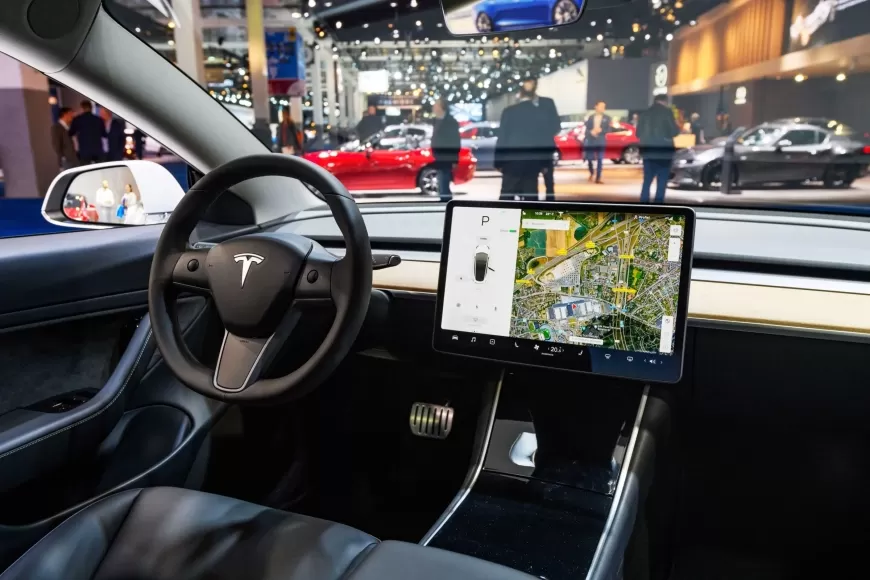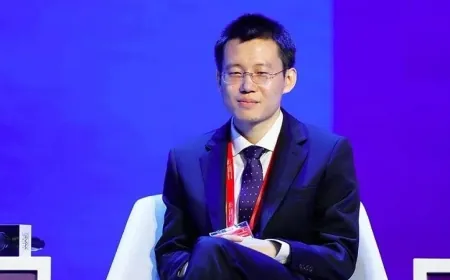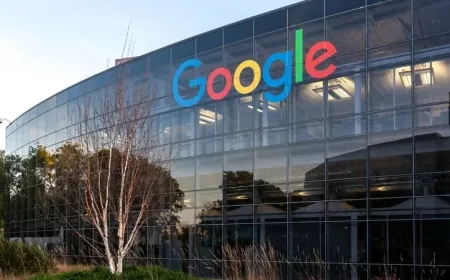Trump Transition Team Looks to Simplify U.S. Regulations for Self-Driving Cars
Trump’s transition team aims to simplify U.S. regulations on self-driving cars, potentially benefiting Tesla and accelerating the future of autonomous vehicles.

Members of President-elect Donald Trump’s transition team are pushing to make the development of a federal framework for self-driving cars a key priority for the U.S. Department of Transportation. This shift in focus could directly benefit companies like Tesla, which are heavily invested in autonomous vehicle technology.
Elon Musk, CEO of Tesla and a major Trump donor, has long bet on the future of self-driving cars and artificial intelligence as core elements of the company's growth. Tesla’s shares saw an 8% increase in premarket trading on Monday, continuing an upward trend that has seen the stock climb 28% since Election Day. Meanwhile, shares of ride-sharing companies Uber and Lyft dropped by 2% ahead of regular trading in New York.
Roadblocks to Autonomous Vehicle Deployment
Current federal regulations impose significant challenges for companies attempting to deploy self-driving vehicles on a mass scale. Tesla, in particular, is facing hurdles with rules that require cars to include human controls, such as steering wheels and foot pedals. The Trump administration is working to streamline these regulations by developing a framework to facilitate the deployment of fully autonomous vehicles.
Although the U.S. Department of Transportation has the power to issue rules through the National Highway Traffic Safety Administration (NHTSA), an act of Congress would be needed to fully clear the path for large-scale adoption. Currently, the NHTSA allows manufacturers to deploy a limited number of self-driving vehicles—up to 2,500 per year—under an exemption, but efforts to raise this cap to 100,000 have repeatedly stalled in Congress.
A Potential Role for Musk and Other Key Figures
As part of the transition team’s efforts, former Uber executive Emil Michael is reportedly under consideration for the role of Transportation Secretary. Michael, who has spoken with Trump’s team about potential staffing choices, has been a key figure in the development of ride-sharing policies and could play a significant role in shaping transportation regulations moving forward.
Republican representatives Sam Graves of Missouri and Garret Graves of Louisiana are also being considered for leadership roles within the department. However, the transition team has yet to finalize policy details, and many of the discussions remain in the early stages.
Musk, who has announced plans to roll out a fleet of driverless Tesla robotaxis by 2026, has previously called for a federal approval process for autonomous vehicles. His vision of a future where Tesla’s cars can operate without human controls faces regulatory barriers, including limits on how many driverless vehicles can be deployed at one time.
Previous Attempts at Federal Legislation
Previous efforts to introduce federal legislation that would regulate autonomous vehicles have faced challenges. A bill aimed at expanding the number of self-driving cars that could be deployed each year passed through the House during Trump’s first term but ultimately stalled in the Senate. A later attempt to merge the bill with broader legislation during the Biden administration faltered when some manufacturers sought to include provisions that would limit consumer lawsuits or class-action cases against them.
Despite these setbacks, the push to create clearer, more comprehensive rules around self-driving cars continues, with hopes that a new framework could eventually lead to faster adoption of autonomous vehicles across the U.S.
With the Trump administration eyeing a more business-friendly approach to regulation, including easing restrictions on self-driving technology, the future of autonomous vehicles could be reshaped in the coming years. Tesla and other companies in the industry are closely watching these developments, as the regulations could unlock the potential for mass adoption of self-driving cars and robotaxi services in the near future.
Also Read: How Elon Musk’s Support for Trump Could Impact Tesla's Growth and Innovation

































































